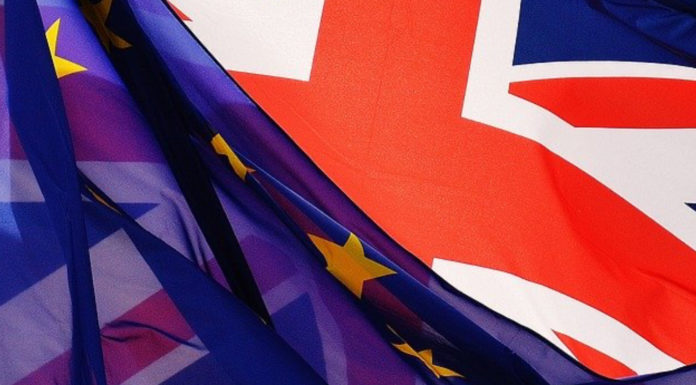By Dutch MEP Rob Rooken (JA21 – ECR)
Despite the fact that the pandemic is over, the EU is extending its indirect vaccination requirement for minors. They present it as a “relaxation”, but nothing could be further from the truth.
Let me explain.
The European Commission has just decided to extend its Covid passport for children as well, after doing so for adults. Yes, the 270-day “expiry date” of the vaccination passport for those under 18 will disappear, but the original requirement to be fully vaccinated remains (in the Commission’s “Delegated Regulation (EU) 2022/503 of 29 March 2022 amending Regulation (EU) 2021/953 of the European Parliament and of the Council as regards exempting minors from the acceptance period of vaccination certificates issued in the EU Digital COVID Certificate format”).
This is in spite of the fact that, in the summer of 2021, the Dutch Health Council has only advocated the vaccination of adolescents because of the “indirect health gains” that it would deliver in a context where all kinds of restrictive measures were still in place.
Now that those restrictive measures have been removed and with the Omicron variant being dominant, the Dutch Health Council has stated that “booster vaccination no longer offers any relevant indirect health benefit for this group”.
On the basis of that logic, one would expect – given the changed circumstances – that this would also apply to the “primary” vaccination cycle.
However, the EU extends its Covid passport for this group, in a bid to continue to push them to get vaccinated. Without scientific arguments!
Given the dominance of Omikron, Covid is fortunately no longer dangerous for most people.
Vaccines do not stop the transmission of the virus.
Therefore, every logical underpinning for the EU’s Covid passport has fallen away.
In sum, the Covid passport must be scrapped as soon as possible, so that Europeans can travel freely again – without having to worry about QR codes.
***
On 4 February 2022, the Dutch Health Council, an independent Dutch scientific advisory body with the task of advising the Dutch government and parliament about matters in the areas of public health and medical research, stated:
«Booster vaccination of 12- to 17-year-olds has very limited health benefits, even for high-risk adolescents. When vaccinated adolescents develop an Omicron infection, it is generally mild and the risk of hospitalisation is minimal. The risk that a vaccinated adolescent will develop MIS-C following infection with the omicron variant is also very small. In addition, vaccination carries the risk of the rare side effect myocarditis. The European Medicines Agency (EMA) has not yet weighed up the benefits against the risks for adolescents, which would make use of the vaccine off-label.
When the Health Council recommended, in the summer of 2021, to make primary vaccination available to adolescents, an important argument was that this would produce clear indirect health benefits. In the current situation whereby many restrictive measures have been abandoned and with the Omicron variant is dominant, booster vaccination no longer offers any relevant indirect health gains for this group. Nor does the council expect any significant effect of booster vaccination of adolescents on the spread of the virus in the population.»
📢 "It’s a restriction on free movement, leading to discrimination. Our fundamental values are being abused."
🗣️ ECR MEP Rob @Rooken calls for putting an end to the Digital #COVID Certificate in today's @EP_Justice Committee meeting pic.twitter.com/rA8NhCPl02
— ECR Group (@ecrgroup) March 31, 2022
"From vaccine passports to the “European Digital Identity”, the EU works to facilitate greater surveillance"
– by @pietercleppe https://t.co/J3NNGK2k4m— BrusselsReport.EU (@brussels_report) February 28, 2022
Disclaimer: www.BrusselsReport.eu will under no circumstance be held legally responsible or liable for the content of any article appearing on the website, as only the author of an article is legally responsible for that, also in accordance with the terms of use.













